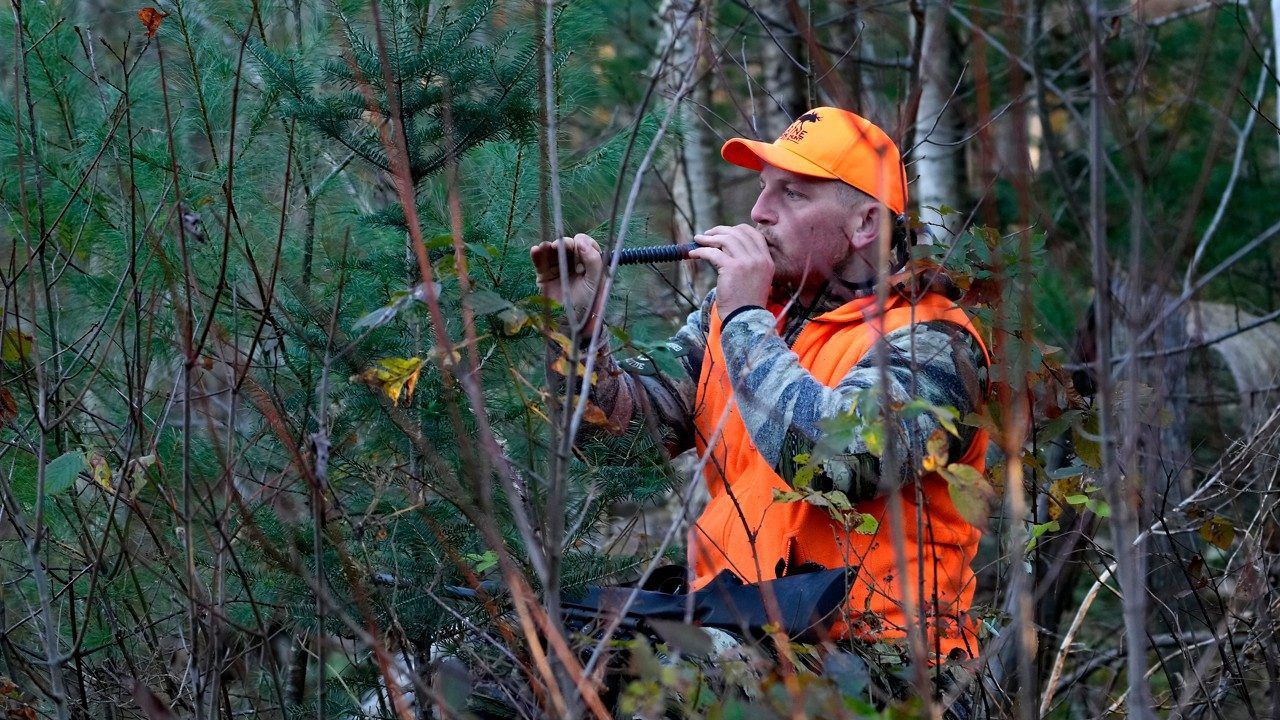Maine’s ban on Sunday hunting can continue despite a 2021 Maine constitutional amendment that guarantees a right to food, the Maine Supreme Judicial Court ruled Thursday.
A Readfield couple sued the state following the passage of the amendment, saying that they have five children and rely on deer hunting to help feed their family.
Virginia and Joel Parker said their schedules limit their ability to hunt and that the amendment enshrines their right to legally harvest food for their own sustenance.
But the court, which heard oral arguments on the case in October, disagreed, saying that the state’s longstanding Sunday hunting ban “does not conflict with the amendment.”
In particular, the justices ruled that the amendment excludes poaching and has “a number of limitations on the broad right to food.”
“When the common definition of poaching is applied to the amendment, the effect of the poaching exception is that the right to hunt exists in situations in which hunting is otherwise legal but does not extend to situations in which hunting is illegal,” they wrote.
The amendment, which passed in November 2021 with 61% of voter support, states that “all individuals have a natural, inherent and unalienable right to grow, raise, harvest, produce and consume the food of their own choosing for their own nourishment, sustenance, bodily health and well-being.”
In October, an attorney for the Parkers argued that voters’ adoption of the Right to Food Amendment includes the right to hunt on Sundays.
The Maine Office of the Attorney General argued the other side, saying that the ban on Sunday hunting is consistent with the amendment.
Attorney Paul Suitter said when lawmakers considered the amendment, they specifically discussed whether it would affect any existing hunting laws.
“Despite the plaintiff’s insistence, this constitutional amendment simply does not touch upon hunting,” he said during oral arguments at Winthrop High School.
For years, the Legislature has grappled with whether to allow hunting on Sundays. Only Maine and Massachusetts continue to ban the practice.



